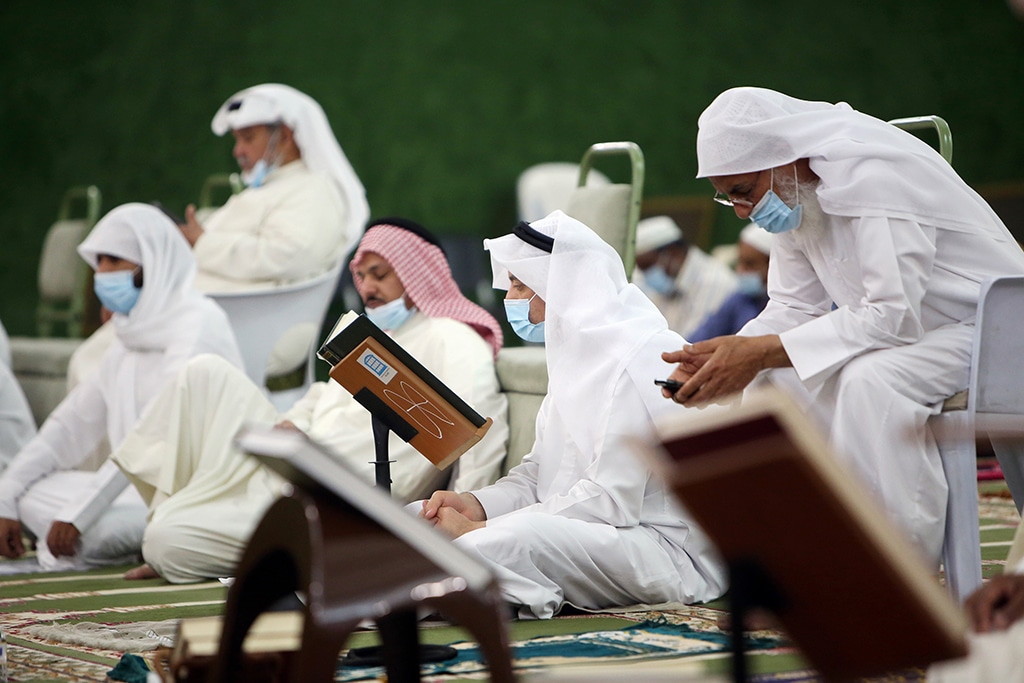By Faten Omar
KUWAIT: The holy month of Ramadan has undergone some changes in recent years compared to the way it was practiced in the past. Researcher Muhammad Yaqoub Al-Bakr explained the preparations by people in Kuwait in the past for the month of Ramadan. According to Bakr, preparation for Ramadan used to start from the month of Rajab – spiritually, mentally and physically — by buying foodstuff and supplies as well preparing homes, diwaniyas and mosques.
In his book ‘Ramadan in the Past of Kuwait’, he revealed men in Kuwait saved for Ramadan to buy the supplies needed for their homes and families, either in cash or on debt, until they fulfilled the requirements of the month depending on their financial ability and the number of family members. In the month of Shaaban, a number of wealthy people hand out zakat to benefit the poor and the needy. The zakat money used to be collected in bags and distributed to the poor in front of diwaniyas.
Needy people stood in separate lines for men and women to receive the alms. “As a child, I remember we used to see many people waiting for zakat in front of the diwaniya of the merchant Thunayan Muhammad Al-Ghanem, as his diwaniya was next to Omar Ibn Al-Khattab School,” he said, adding some people were embarrassed to queue for the alms, so the zakat was allocated to them through trustworthy men and women.
Bakr said that merchants of Kuwait sought every Ramadan to renovate mosques by providing them with furnishing and equipment to ready them for tarawih and qiyam prayers, in addition to preparing a decent place for people to break their fast and do itikaf. They provided water, rugs, dates, incense and rosewater. “In the past, every Kuwaiti mosque had a ‘qaro’, a rectangular basin filled with water from a well. Young Kuwaitis used to fill that basin with water from the well to help people make wudu,” he explained.
People of Kuwait were keen to teach children how to fast from a young age. From the age of seven, parents start making children fast in order to train them, but if they feel hungry, they will be fed. Bakr also spoke about “wareda”, explaining children under the age of 10 used to play a game before sunset, where they got a long stick and filled the end of it with matchheads. They then closed it and hit it on the wall to make explosive sounds. They also made a loud sound while moving their hands over their mouths continuously, howling like wolves to make fasting people hear their voices and eat iftar.
“The reason for this game was because of the lack of microphones and loudspeakers in mosques. Some fasting people were unable to hear the call to prayer due to the distance of some houses from the mosque,“ he mentioned. Regarding “negsa”, Bakr indicated that back then, people used to take some of their daily meals and send them to neighbors, family and relatives. “Also, people used to distribute and exchange dishes amongst neighbors on the night of Monday and Thursday of every week, and that was called ‘nafela’. Nafela in Arabic means gift or reward,” Bakr pointed out.











